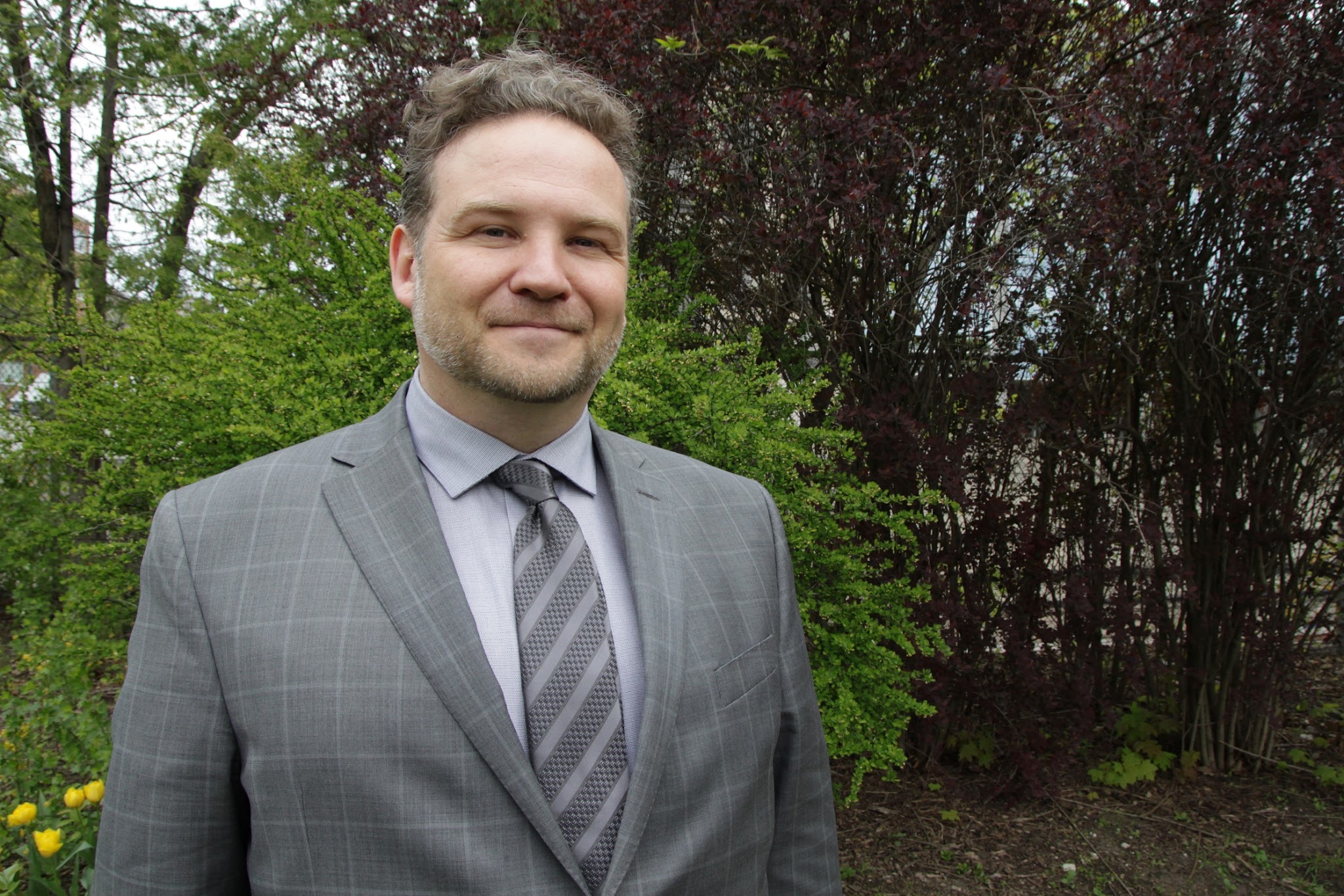Sign up for The Media Today, CJR’s daily newsletter.
Jon Thompson knows firsthand the problems of trying to build a journalism career in underserved and smaller communities. For 15 years, Thompson has lived and worked in the Canadian region of Northwestern Ontario, reporting for print, television, and web outlets. The 39-year-old developed specialized knowledge on topics like indigenous Canadians and natural resources—his work even won awards—but he grew frustrated as colleagues and friends decamped for better-paying positions in public relations.
So he wasn’t expecting the call he got in April from the nonprofit educational television network TVO (similar to PBS), which is based in Toronto, almost 860 miles away from his hometown of Thunder Bay. They wanted him to report full-time on his community in Northwestern Ontario. “TVO just kind of opened the clouds above me and said ‘Here’s somebody with the skill set we’re looking for,’” he tells CJR.
Thompson’s hire is part of Ontario Hubs, a $2 million, seven-person project at TVO that aims to broaden the geographic coverage of its flagship current-affairs show The Agenda with Steve Paikin with stories that go beyond short-term “parachute coverage.” The team includes one regional editor, one copy editor, one “roving” on-air reporter, and four regional journalists like Thompson with deep ties to their local region. Mary Baxter is the Ontario Hubs editor for London and Southwestern Ontario. The initial funding also underwrites freelance contributions and travel and production costs. (Disclosure: I was an intern at TVO in 2009.)
ICYMI: An interactive timeline of developments at Facebook
John Ferri, TVO’s vice president of current affairs and documentaries, emphasizes the work produced by Ontario Hubs won’t replace local coverage of issues like city hall meetings. But the team will also produce multi-platform content and contribute regular weekly segments for The Agenda, which boasts a nightly audience of about 125,000 people. “It was very important to us to integrate what we were going to do with this project into what we already thought we were doing well,” Ferri says.
“You’re seeing less and less journalism on the ground, and it’s affecting smaller communities [in Canada],” says Ferri, citing columns on the dominance of wire copy in the Northumberland Today and a report on the closure of the daily newspaper in Guelph (population: 131,794). “There’s really a sense of something fundamental that’s lost.” The model presents an approach that could be replicated in underserved parts of the US, where the loss of local-news reporting is at a crisis point as newspapers close and remaining outlets orchestrate round after round of layoffs.
“We can provide something we think will have real value—commentary, analysis, a background perspective on big stories, but anchored from a local perspective,” Ferri says.
Prior to the launch of Ontario Hubs, the network had already taken The Agenda around the province to communities like Sarnia or Peterborough-Kawartha during yearly tours.
But Ferri wanted more “on-the-ground,” regular coverage of areas like London and Thompson’s hometown of Thunder Bay. “What we were looking for was the analysis of the bigger issue, the deep-dive into the understanding people should have of it, but very much anchored in the local perspective.”

John Ferri, TVO’s vice president of current affairs and documentaries. Courtesy photo.
Thompson called the decision to choose Thunder Bay as the one of the project’s four hubs something with “the potential to be among the most meaningful journalism projects this region has seen in my lifetime.”
Thompson says the kind of work he will do for Ontario Hubs wouldn’t be possible at a daily or even weekly operation. “I’m drawing constellations between events and developing narrative from a number of different communities or one community over a period of time,” he says. “The issues that our peoples face tend to not have the exposure of someone working on them in-depth, with an established nuance that’s required to tell those stories without sensationalizing them.”
Even with support from the province’s Department of Education and donations, TVO is still concerned about costs and finding new funding, like any other news organization. But Ferri says the network’s mandate is about educating the public, rather than worrying about shareholders.
To help fulfill the educational mandate and manage costs, TVO has partnered with local postsecondary educational institutions. Confederation College in Thunder Bay and Western University in London will provide TVO with office space, studio space, and access to a fiber-optic network in exchange for short internship opportunities for course credit. “Confederation has had a radio and television program for many years, and Western just built a brand-new studio facility,” Ferri says. “The only thing we had to buy was Dejero units (mobile transmitters that allow for live broadcasts from sports events and remote locations).”
Ultimately, the aim of the work produced by the Ontario Hubs isn’t just local stories for the people from those communities. “We’re writing stories for the broader Ontario audience,” Ferri says. “That’s the mandate, but if we do it right, these stories will appeal to them too.”
ICYMI: TV hurricane coverage failed my family
Has America ever needed a media defender more than now? Help us by joining CJR today.



